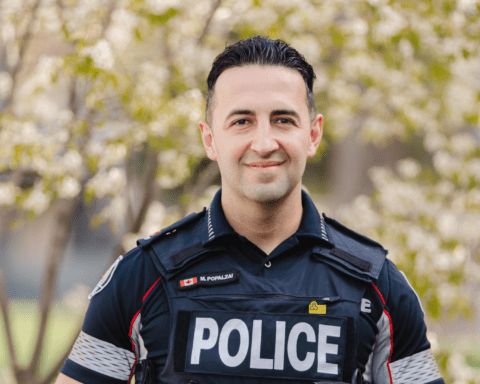Immigration consultants are hailing the coming into force of legislation that would create a more robust regulatory body that would prevent unlicensed consultants from scamming new immigrants. Minister of Immigration, Refugees and Citizenship Canada (IRCC), Marco Mendicino, announced the College of Immigration and Citizenship Consultants Act is coming into force. The act was given royal assent in June of 2019, but the new regulatory body, the College of Immigration and Citizenship Consultants (CICC) will be open in 2021 and will provide additional protections to potential newcomers to Canada. Belluz loves this idea.
“If you invest your savings to move to Canada, and you have a ghost consultant, which we call them, first it’s the reputation of Canada [getting ruined]. Second of all, you are affecting people’s lives. That’s malpractice,” said Solange Belluz, who is a senior partner at Open to Canada Immigration Services.
Immigration scams
“Ghost consultants,” unlicensed and often predatory immigration consultants, are thorns in the side of the legitimate consultants as well as the government. In 2015, one such ghost consultant, Richmond B.C. man Xun Wang, was given a seven-year sentence for what authorities called the biggest immigration fraud in Canadian history.
Alfredo Arrojado of Winnipeg was another well-known case of a ghost consultant. He was charged with three offences in 2017 related to collecting $91,000 worth of consultancy fees without a license. In April of 2019, the Globe and Mail published a sweeping four-month investigation probing 45 “consultants” in Ontario, B.C., Alberta and Quebec. They amassed scores of complaints against them and are alleged to have collectively defrauded as many as 2,300 people.
Diane Campos, a consultant with Equality Immigration Services, estimates that 20 percent of her clients are ones who were victims of ghost consultants. Concern for her client’s well being is top of mind for Campos, so just like Belluz, she welcomes the creation of the college. “I’ve seen first hand how many people get taken advantage of. It’s sad,” Campos told NCM.
“I try to run my practice ethically and I feel like a lot of [ghost] consultants ruin it for us.” Victims are often asked to pay exorbitant fees that financially cripple them. To make matters worse, faux-consultants often place their marks under immigration programs they are unqualified for. For example, someone being made to apply under the humanitarian category despite not meeting the requirements. As a legitimate, licensed consultant, Campos is required to “know what programs a client would fall under. Because that’s my job as a consultant.” If a ghost consultant misinforms the client, there is a real danger of being deported, on top of losing their life savings.
“We’re taking decisive action to hold immigration and citizenship consultants to account by improving oversight and increasing accountability to protect both the public and consultants in good standing from dishonest consultants who are taking advantage of vulnerable people,” said Minister Mendicino.
The text of the act, which empowers the creation of the actual regulatory college, establish and administer “qualification standards, standards of practice and continuing education requirements for licensees,” ensure compliance with codes of “professional conduct,” and undertake “public awareness activities.”
There already is a regulatory body in existence designed to crack down on fraudulent consultants. The Immigration Consultants of Canada Regulatory Council (ICCRC) was launched in 2011 to do exactly that. All immigration consultants who are not lawyers are required to register with the ICCRC in order to practice their profession.
In a September 2019 press release, the ICCRC said that they have voted to transition over to becoming the CICC. “ICCRC is ready to take on this enhanced role and help protect vulnerable Canadian and immigrants from fraud,” said John Burke, chair of the ICCRC in 2019. The enhanced role Burke is alluding to includes additional powers to enter the premises of a potential ghost consultant, gathering of information and compelling witnesses to appear and testify before a discipline committee.
Belluz, who in her career has helped to create similar regulatory colleges, believes that this new body is better equipped to handle enforcement. “The college would be better because it is a body that is established in legislation and has the government authority to investigate professional misconduct,” Belluz said. “The enforcement element would be stronger.”
NCM reached out to the IRCC for further information. No response was provided by deadline.
Mansoor Tanweer is New Canadian Media’s Local Journalism Initiative reporter on immigration policy. An immigrant himself, he has covered municipal affairs and the Brampton City Council in addition to issues relating to newcomers over several years.





